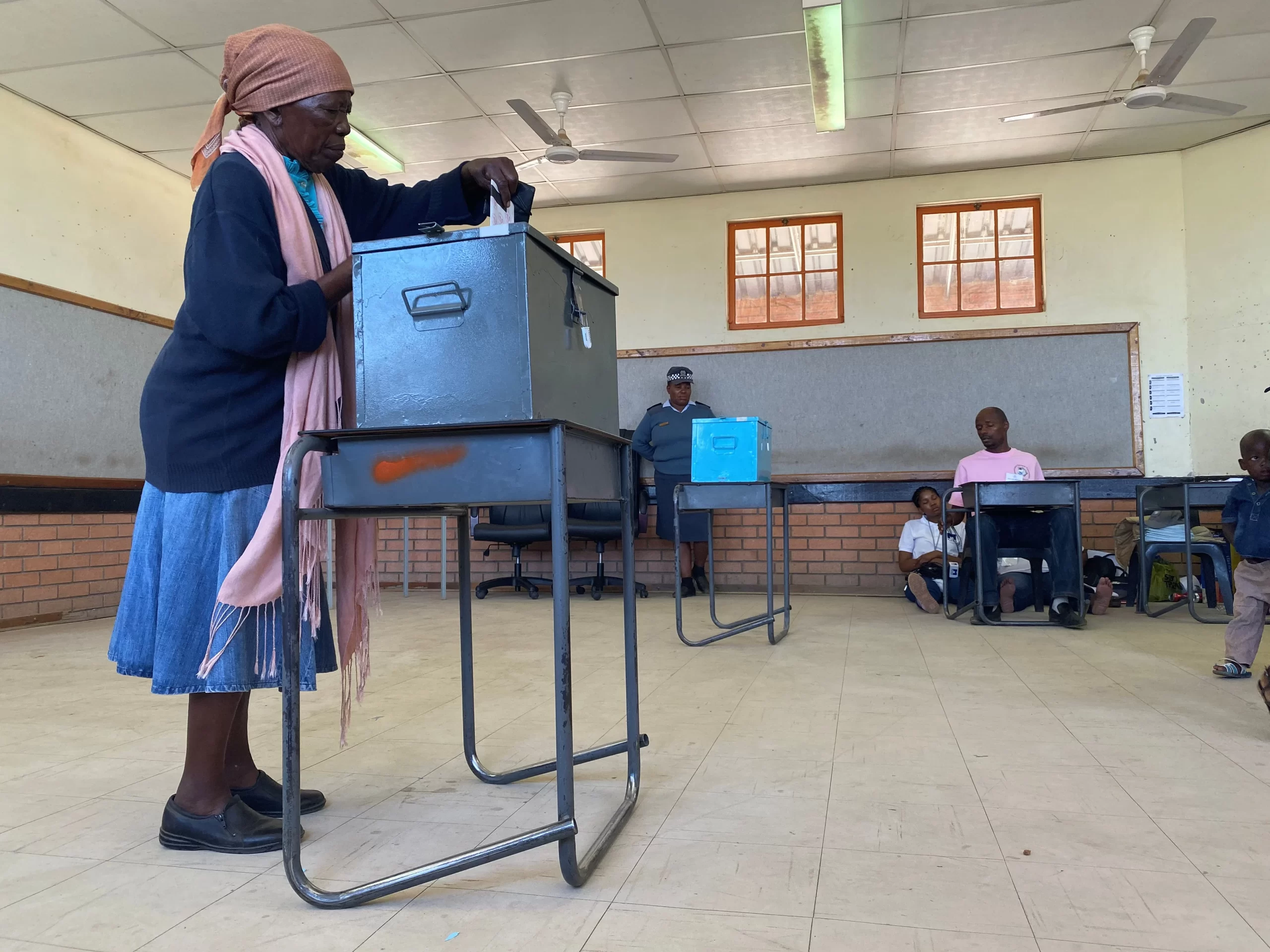
Botswana goes to the polls with the diamond slump in mind
Botswana began voting on Wednesday in an election that will decide if President Mokgweetsi Masisi gets a second term. The main issue is slower economic growth caused by falling demand for diamonds.
Botswana has been run by Masisi’s Botswana Democratic Party (BDP) since 1966. The party is losing support, but Masisi’s party is still the favorite to win. The National Assembly is chosen by voters, and the president is chosen by the party with the most votes.
The Umbrella for Democratic Change (UDC), an alliance led by lawyer Duma Boko, is the biggest threat to the BDP because it is made up of different groups. People from two other parties have also put forward names for president.
In Gaborone, the city, voting went easily at first, but there were long lines outside of most polling places. The election board says that more than a million people have signed up to vote in the country of about 2.3 million.
Penny Mogale, 35, a member of the BDP, said she was choosing to keep the business programs that Masisi had set up, which had helped her start her own catering business.
“There aren’t any jobs available, but the government is giving us a chance to make our own.” She said, “I want the party to be given a chance to keep going with these plans.”
A security guard at a market in downtown Gaborone who is 26 years old said he would vote for change when his shift was over.
“We work long hours but we earn very little and the government has been refusing to raise the minimum wage,” said Teto.
If the UDC wins, it will raise the minimum wage from 1,500 Botswana pula ($112) per month to 4,000 pula, which is more than twice as much.
The race has been mostly about economic problems. Botswana has one of the highest incomes per person in sub-Saharan Africa, but its economic growth estimate for 2024 was cut from 3% to 1% because the world diamond market is shrinking.
Botswana has a hard time diversifying its economy even though it makes the most valuable diamonds in the world.
Masisi has been attacked by the opposition for the slowing growth rate, high inequality, and high unemployment. Masisi, on the other hand, says that the COVID-19 pandemic messed up his plans to create jobs but that they are still on track.
Masisi took over in 2018 after Ian Khama had spent the full 10 years in office. This was part of a planned transition. After a 2019 election that the BDP won, he kept his job.
Most of the time, election results are made public within a few days.
It costs $1.3409 pulas.
All Categories
Recent Posts
Xavi Simons’ future with RB Leipzig is uncertain
Madrid is going to sign a Moroccan star
Tags
+13162306000
zoneyetu@yahoo.com



